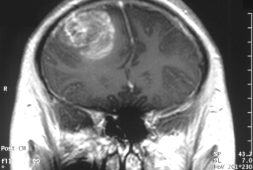3. Kidney or Bladder Stones

Renal calculi, nephrolithiasis, and urolithiasis are all terms for hard deposits of minerals and salts that occur inside your kidneys. Kidney stones can be caused by a variety of factors, including diet, obesity, certain medical conditions, and certain supplements and drugs. From your kidneys to your bladder, kidney stones can harm any component of your urinary tract. When urine becomes concentrated, minerals crystallize and bind together, resulting in stones. Kidney stones can be quite painful to pass, but if caught early enough, they usually do not cause permanent damage. To clear a kidney stone, you may only need to take pain medication and drink plenty of water, depending on your circumstances.
Although various variables may increase your risk of kidney stones, there is rarely a single cause. Kidney stones form when your urine contains more crystal-forming substances than the fluid in your urine can dilute, such as calcium, oxalate, and uric acid. At the same time, your urine may be deficient in chemicals that prevent crystals from sticking together, allowing kidney stones to form.



